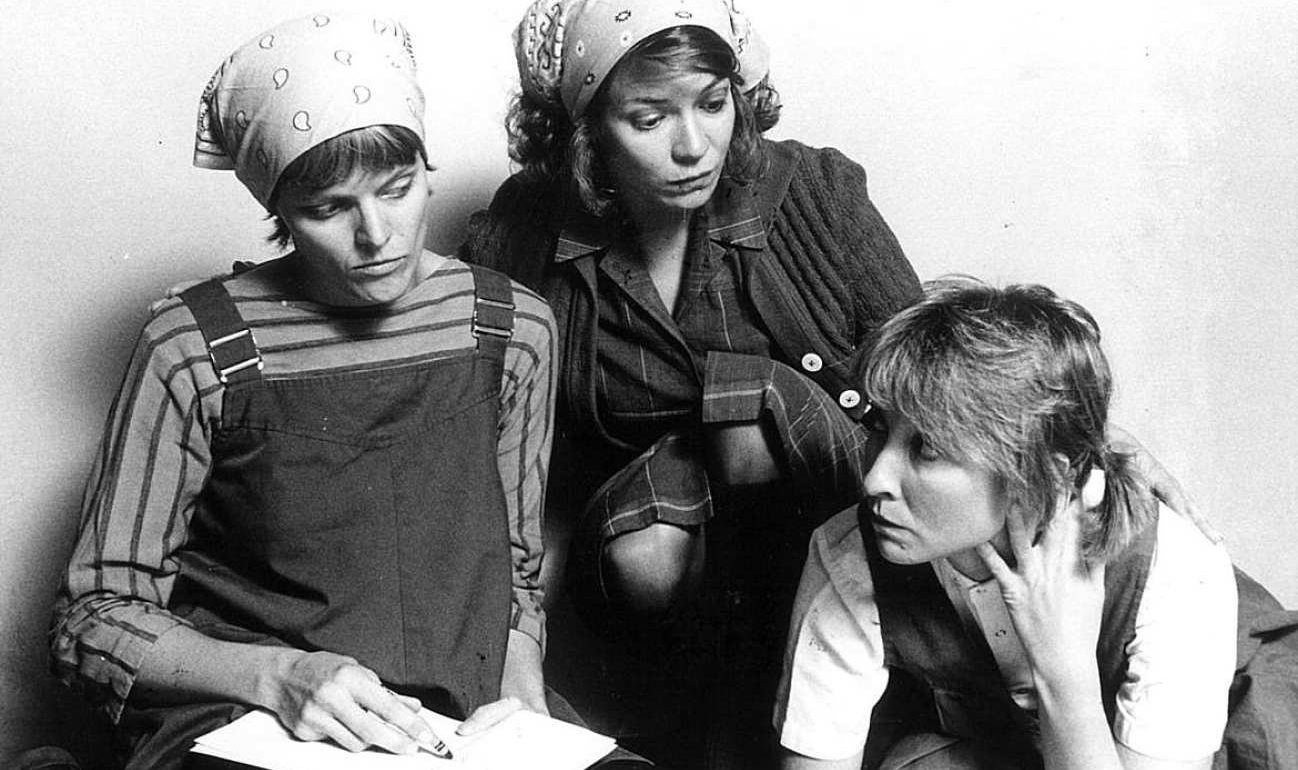SAN FRANCISCO: The storied Eureka Theatre announced today that 45 years after its founding, the nonprofit company will cease operations on July 5. The theatre venue itself will remain open and operating under new management and will be renamed Gateway Theatre.
The Eureka Theater Company, originally called the Shorter Players, was founded by Chris Silva (then a theatre graduate student at San Francisco State University), Robert Woodruff, and Carl Lumbly in 1972. It began as a creative outlet for “non-tall” actors who had experienced casting difficulties as a result of their physical stature. It assumed its current name in 1974 when the feisty young company was joined by directors and actors, including Richard E.T. White, Danny Glover, and Julie Hebert. In its first three decades the company launched the careers of many well-known actors and directors and staged more than 70 world, West Coast, and Bay Area premieres.
But the Eureka, first located in the basement of Trinity Methodist Church in the Castro at Market and 16th Streets, may be best known for commissioning one of the epochal American plays. It was in the years after Trinity Church was destroyed by arson fire in 1981, and after a four-year nomadic period concluding with the Eureka putting down roots in the Inner Mission in 1985, that in 1988, co-artistic directors Tony Taccone and Oskar Eustis commissioned playwright Tony Kushner to create Angels in America. The play had its premiere at the Eureka in 1991.
In addition to the triumph of Angels in America, other Eureka-produced plays that went on to critical acclaim included Shadow of a Man by Cherrie Moraga, From the Outside Looking In, On the Road: San Francisco 1990 by Anna Deavere Smith, Ubu Unchained by Amlin Gray, and Execution of Justice by Emily Mann. In the 1980s and 1990s, the Eureka also helped launch the careers of numerous artists, including playwrights Caryl Churchill and Dario Fo, actors Geoff Hoyle and Danny Glover, and directors Richard Seyd and Tony Taccone.
After losing its decade-long location in the Mission, and following a hiatus when new financial resources were cultivated and its mission reimagined, the Eureka resumed operations. In 1998, the Eureka completely renovated the old Gateway Cinema on Jackson Street in San Francisco’s financial district. For nearly 20 years the Eureka joined forces with other arts organizations to coproduce work that might not otherwise have had a life. Facing an increasingly difficult and expensive struggle to find a performance space, theatre companies from all over the Bay Area and beyond found at the Eureka an affordable rehearsal and performance venue—one that served enthusiastic audiences.
The Eureka’s coproduction program attracted many first-time visitors to the heart of San Francisco’s Embarcadero. It became the home of several Bay Area resident companies with regular engagements, such as San Francisco SketchFest (featuring such luminaries as Kids in the Hall, Amy Sedaris, Fred Willard, and Dana Carvey); Eastenders Repertory Company; Theatre Rhinoceros; the San Francisco Arts Education Project (SFArtsED) Players; San Francisco Improv Festival; Combined Art Form’s The Santaland Diaries; and 42nd Street Moon, among many, many others.
Eureka’s dissolution after many decades is a result of several factors, including rising overhead and the high costs of maintaining its aging facility. Additionally, following the defeat of Ballot Measure S in November 2016, San Francisco Grants for the Arts (funded by the city’s hotel taxes) declared that it could no longer offer grants to performing arts facility providers.
All fixtures and equipment in the Eureka Theatre will be gifted to 42nd Street Moon (which will assume a new lease with Golden Gateway Center). Theatre Bay Area, the region’s theatre service organization, will be gifted with all remaining cash assets to support its core artistic programs, such as its CA$H THEATRE regranting program, ATLAS artist career development program, and its Lemonade Fund, which provides vital financial assistance to theatre artists with life-threatening illnesses.
In addition, Eureka’s unique archive of manuscripts, programs, posters, and other materials will be gifted to the Museum of Performance + Design to ensure its accessibility to the public in perpetuity.


